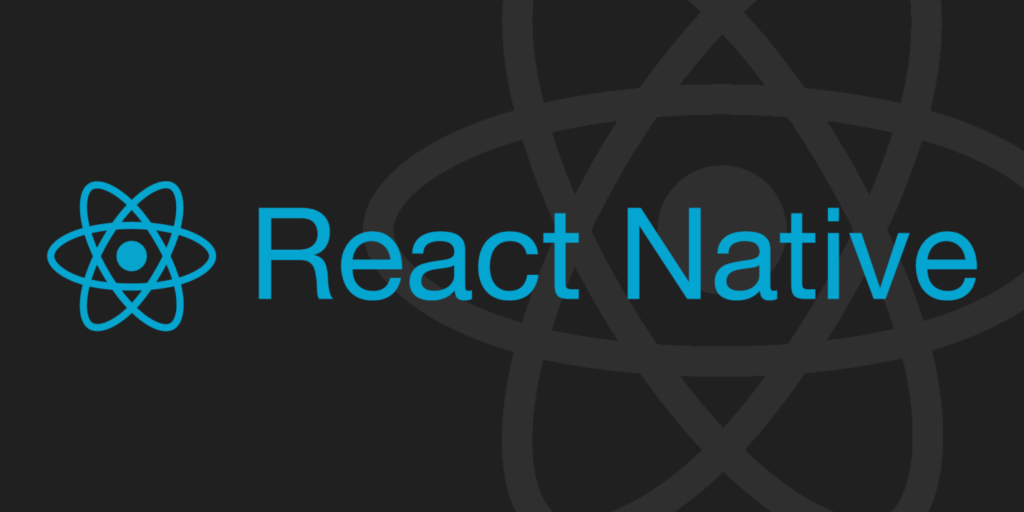Since two decades, our lives have changed for better. All thanks to varied technological innovations, especially smartphones and mobile apps. Mobile applications have led the technological revolution which brought the entire world into the seemingly tiny contraption called smartphone. since mobile app development is an apple of everyone’s eye, more and more development companies are diving into it and finding better ways to come up it unique products. However, developing mobile applications is easier said than done. It is an unending series of choices that will eventually help define every aspect of the application.
The first question that arises is which framework to use for the development of the app.
Ionic and React Native are the two leading frameworks used by developers around the world.
Both these frameworks have their pros and cons. However, the dilemma of which is better over what is a burning issue. The option you select should be based on the factors listed below :
- Coding language and skills of the coders
- Ease of development
- Code reusability
- Code performance
- Community support
- Budget
- End goal
What’s there in the store if you opt for Ionic Framework for mobile app development?

The ionic framework is an open source software development kit that uses JavaScript, CSS, and HTML5 to develop hybrid mobile apps. Since HTML5 uses Cordova and PhoneGap, Ionic requires both of them. Ionic also provides several tools and services that can be directly implemented in the development process.
Ionic 3.0
Ionic 3.0 is the latest update for the framework that includes several major and minor changes. Ionic has been upgraded to be compatible with Angular 4 along with support for smaller and faster applications. Ionic 3.0 is also compatible with Typescript 2.1 and 2.2 which introduces the ability to use async-await and also supports mix-in classes. The new update allows you to set up deep limits using the ionic page decorator to customize the configuration of each page. Lazy Loading has been introduced which changes the navigation of the app but ultimately speeds up the loading time. Interesting apps build with Ionic are Marketwatch, Sworkit, Pacifica, Chefsteps, Diesel, and others.
A little more about Ionic framework
Ionic Framework comes with some great benefits, they are listed here:
- Helps in creating default UI functionalities easily.
- Works with several platforms including HTML5, CSS AND JavaScript.
- Works on both UI WebView of Ios and WebView of Android.
- It is developed by Cordova and PhoneGap.
- Ionic supports easy integration into AngularJs, most favourite JS framework, making the code structure cost effective and easier to manage.
What’s there in the store if you opt for React Native Framework for mobile app development?
React Native is a JavaScript based framework which has been developed by Facebook. Its specialty is the JavaScript library that it provides to develop highly interactive UI. It boasts of a community of expert users who maintain the framework and develop it further. The codes can be shared across platforms and reused by multiple people using the library. It is a quick and easy framework that can actively be used to develop an application. Amazing apps build using React Native are AirBnB, Myntra, Uber Eats, Bloomberg, Instagram, and others.
A little more about React Native Framework
React Native framework is known for its unique features; they are listed below:
- Can be used on both iOS and Android platforms.
- A community-like presence which makes the solving of issues faster.
- Native developers can learn and catch up faster using the community and the library.
- Its component-based structure enables developers to build apps with a more agile and web-style approach.
Ionic vs React Native: Which is the best framework for you?

Eventually, the choice boils down to the factors affecting the mobile application you wish to develop. The user requirements, budget, skill set of coders and end experience play an important role in the choice. In spite of this, React Native offers a clear advantage in the ease and speed of app development. It also helps in writing pure native applications and pure hybrid applications. React native is known for its better performance than Ionic, since the processing of hardware functionalities, are by the specific platform, and not Cordova.
Further, when you have large scale projects, React is easier to maintain since it follows stricter design patterns and paradigms. React Native is more stable. It gives the feel of a native mobile app. Overall, React Native is the better choice and is used by the majority of developers.

Author Bio
Gravatar A/c: https://en.gravatar.com/sonalmehta9
Sonal Mehta is a Content Lead at SoluLab, a leading Blockchain, Enterprise Mobile Apps and Web development company, started by ex-vice president of Goldman Sachs and ex-principal software architect of Citrix. SoluLab Inc provides full spectrum, 360-degree services to enterprises, startups and entrepreneurs helping turn their dreams into awesome software products.
Social Profiles
- https://www.facebook.com/solulab.inc/
- https://twitter.com/solulab
- https://www.linkedin.com/company/solulab/
- https://plus.google.com/u/0/107379179678816212221

